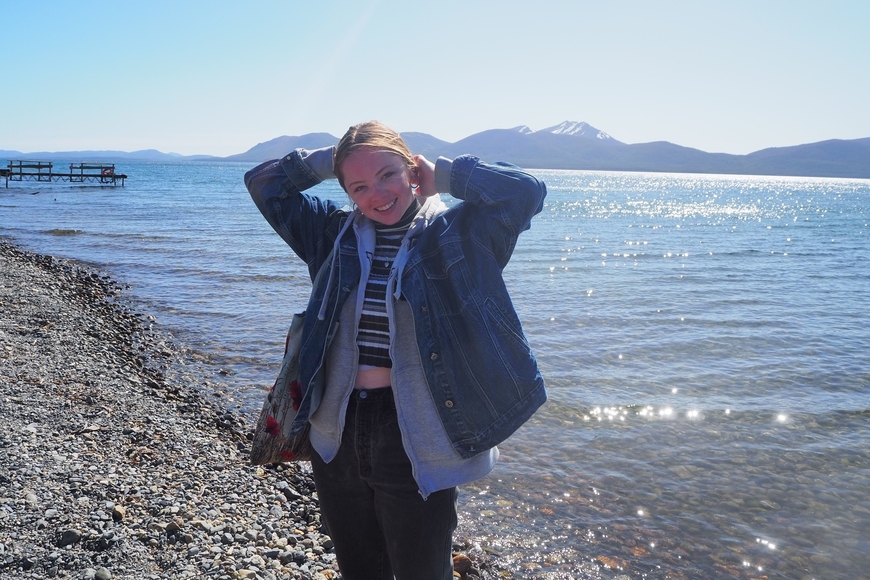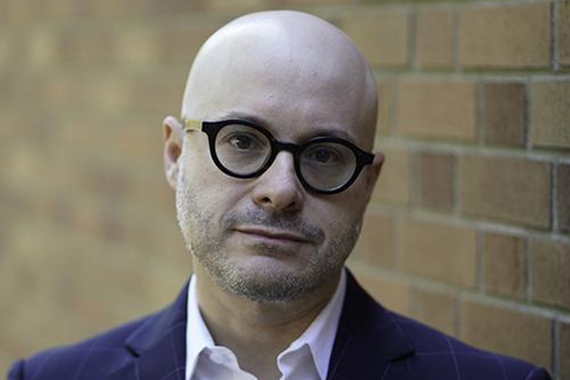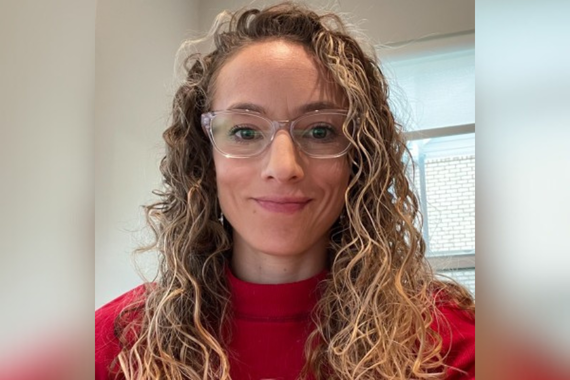Learning Beyond the Classroom During a Year of Studying Abroad
What study abroad experiences did you participate in?
I studied in Amman, Jordan last summer through "Study Abroad in Jordan" with the CET Center Amman. In fall 2022, I studied in Buenos Aires, Argentina through "Study & Intern in Buenos Aires." Lastly, I studied in Quito, Ecuador and Cotacachi, Ecuador for the internship/research portion of the semester with MSID—International Development in Ecuador in spring 2023.
How did you find out about these programs?
I found all the programs through UMN’s Learning Abroad Center.
What was your research experience abroad like?
I conducted research with the Unión de Organizaciones Campesinas Indígenas de Cotacachi (UNORCAC) which is part of the national organization, Confederación de Nacionalidades Indígenas del Ecuador (CONAIE), in Ecuador. They are an indigenous advocacy NGO and non-profit. I was also able to intern and conduct research at a local school, Unidad Educativa Comunitaria Intercultural Bilingüe “Nazacota Puento,” as my research was about the intercultural bilingual education system in Ecuador. Through both organizations, I learned more about indigenous and rural populations in Ecuador. The canton of Cotacachi has 48 indigenous communities and I was lucky enough to go to about 44 of them with UNORCAC. I also saw how this NGO functioned and was able to compare it to one in the US. Similarly, I saw two schools—one I worked with and the other I went to for a day to teach English with my host uncle—and observed how they differ from those in the US.
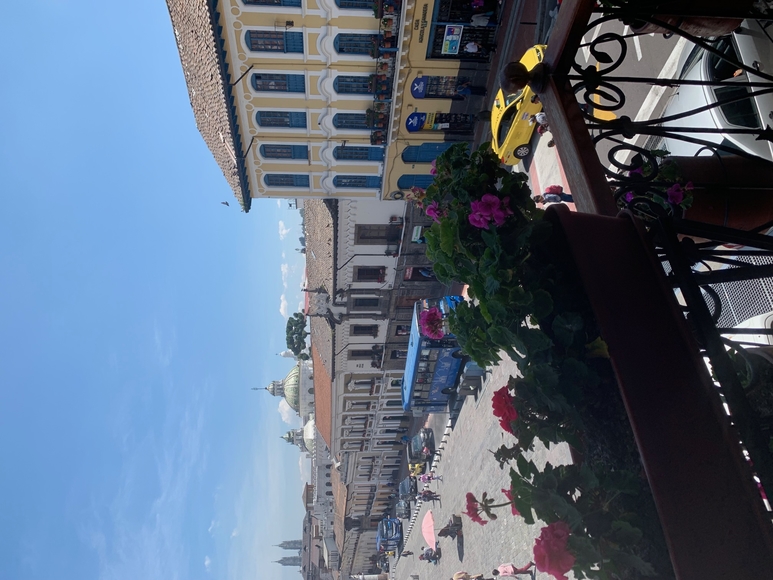
What was unique about the MSID program?
MSID has a separate portion for research and internships. We had classes for roughly two months, spring break, then six weeks of internships/ research, followed by a week of final presentations and submitting our final research papers and internship reflections. The other study abroad programs I did had a "regular" semester schedule. With MSID, I was able to live in two very different parts of Ecuador, which let me see and learn more about the country.
What were the highlights of these experiences?
There are so many highlights of my year abroad and I will cherish this year forever. Studying abroad is very different from traveling; one is able to see a bit deeper into the culture, though it’s impossible for students studying abroad to truly act like the locals. I was able to connect with people in each country, some of whom I am still connected with, which deepened my understanding of each country and my enjoyment of my time abroad. The food, of course, was great in every country—I miss some foods from each country I went to.
What was your academic experience like while studying abroad?
While studying abroad, I completed my Spanish minor and received credit for my Asian and Middle Eastern studies minor, global studies major, and political science major. In Jordan I only took Arabic classes, since I selected the Intensive Arabic track for summer. There's a language pledge so everything was in Arabic for me and my Arabic improved vastly. In Buenos Aires, I had classes in both Spanish and English on art, literature, history, politics, and culture. I had classes fully in Spanish on human rights and Spanish language in Quito. I took and received political science credit for: Topics in Argentine History, Understanding Argentina, Politics & Society in Latin America, Political and Historical Context, and Research in Ecuador. Many of the classes transferred as topics courses, and were similar in terms of formatting to topics classes I have taken at the U.
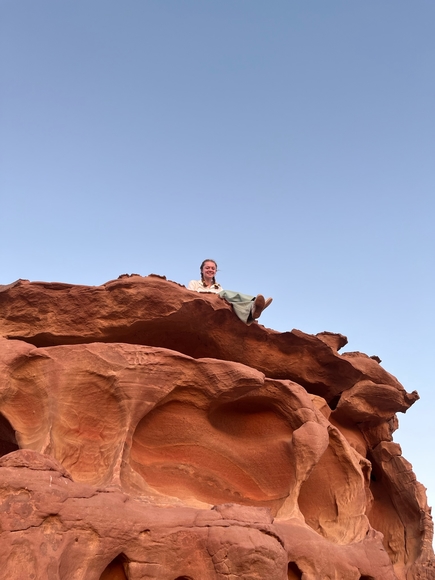
What were the biggest takeaways you had from your experiences?
My biggest takeaways would be everything I learned about cultural differences between countries and the improvements in my language skills. I'm always fascinated by how language and culture impacts one's thinking and way of living. I was able to learn so much more by living in different countries with host families than I ever did simply in a classroom. I was able to learn more deeply about various cultures around the world within the past year, for which I am very grateful. Additionally, my Spanish and Arabic both vastly improved, which is a great benefit of studying abroad.
What were the biggest challenges you faced? How did you overcome them?
The main challenges for many students, myself included, are language barriers/anxiety and standing out. As for language barriers or being nervous about speaking a foreign language, my advice would be to just throw yourself in completely and try to not to worry about making mistakes. As someone who hates making mistakes, this was very hard at first, but it got a lot easier and my Spanish, in particular, improved a lot. My host mom would nicely correct me if I pronounced something wrong or used the wrong tense of a word, which helped me become more aware of what mistakes I made often or what tenses I should work on. Most people are really nice when they realize you're learning a language. As for standing out, if you're from a different country and look like it, people will likely notice. However, it's best to try to learn the cultural norms to not call for more/unwanted attention. I was more aware of how I acted because when you're studying abroad, you not only represent yourself, but you represent your school and your country.
Were there any resources that helped you in finding, applying for, and/or participating in your study abroad program?
I had scholarships that helped me pay for my programs; I saved money studying abroad versus what I would have paid physically studying in Minnesota. I also used resources from my advisors to find what courses/programs were pre-approved to count for credit.
What advice would you give to other students interested in studying abroad?
Study abroad! There will never be the same opportunity in your life ever again. Plan early and apply for scholarships. Check what classes will be approved for credit and keep that in mind when selecting the program to avoid taking more time to graduate.
